Introduction
In the realm of traditional Chinese herbal remedies and culinary delights, soaking fruits in liquor has long been a practice that combines the therapeutic benefits of herbs with the preservative qualities of alcohol. Among the myriad of fruits used in this ancient technique, mulberries (Morus alba) stand out for their rich nutritional profile and medicinal properties. Known for their sweet-tart flavor and deep purple hue, mulberries are not only a delight to eat fresh but also make for an exquisite infused liquor when soaked in the right type and amount of alcohol. This article delves into the specifics of soaking one jin (approximately 0.5 kilograms or 1.1 pounds) of mulberries in liquor, exploring the optimal ratio of mulberries to alcohol, as well as the best type of liquor to use for this purpose.
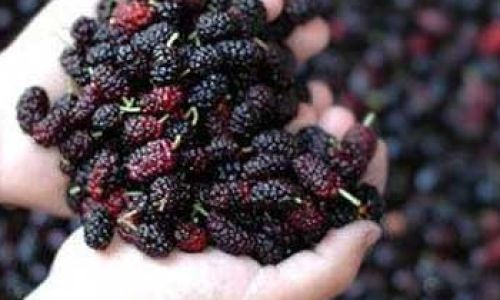
Understanding Mulberries: Nutritional Value and Health Benefits
Mulberries are small, sweet-to-tart berries that grow on mulberry trees, native to China but also cultivated worldwide. They are rich in antioxidants, vitamins, and minerals, making them a nutritious addition to any diet. The antioxidants in mulberries, particularly anthocyanins, are known for their anti-inflammatory and cancer-preventive properties. Furthermore, mulberries are a good source of vitamins C, K, and A, as well as minerals like potassium, iron, and calcium. They also contain dietary fiber, which aids in digestion and maintains bowel health.
From a traditional Chinese medicine perspective, mulberries are believed to nourish the blood, tonify the kidneys, and improve liver function. They are often recommended for individuals experiencing blood deficiency, premature aging, and sexual dysfunction. Soaking mulberries in liquor can enhance their medicinal properties, making them more concentrated and easier to consume.
The Art of Soaking Mulberries in Liquor
Soaking mulberries in liquor is a straightforward process, but achieving the perfect balance of flavors and medicinal benefits requires attention to detail. The two primary considerations are the ratio of mulberries to liquor and the type of liquor used.
Determining the Optimal Ratio
When soaking mulberries in liquor, the ratio of mulberries to liquor is crucial. A common ratio is one jin (0.5 kg or 1.1 lbs) of mulberries to approximately five to ten jins (2.5 to 5 kg or 5.5 to 11 lbs) of liquor. This range allows for flexibility based on personal preference for sweetness, alcohol content, and medicinal strength.
-
For a Mild Infusion: If you prefer a lighter, sweeter infusion with a subtle mulberry flavor, use a higher ratio of liquor to mulberries, such as 1:10 (one jin of mulberries to ten jins of liquor). This will result in a liquor that retains the sweetness of the mulberries while having a milder medicinal effect.
-
For a Strong Infusion: If you desire a more potent infusion with a robust mulberry flavor, use a lower ratio of liquor to mulberries, such as 1:5 (one jin of mulberries to five jins of liquor). This will yield a liquor that is darker, richer in flavor, and more medicinally potent.
It’s important to note that the ratio can also be adjusted based on the quality and sweetness of the mulberries. Sweeter mulberries may require more liquor to balance out the sweetness, while less sweet varieties may benefit from a lower liquor ratio to enhance their flavor.
Choosing the Best Type of Liquor
The type of liquor used for soaking mulberries can significantly impact the final product’s taste, aroma, and medicinal properties. Here are some popular options to consider:
-
Baijiu: Baijiu, a traditional Chinese liquor, is made from fermented grain and is known for its strong, unique flavor. It is an excellent choice for soaking mulberries because it can effectively extract the flavors and medicinal compounds from the berries. Baijiu’s high alcohol content (typically 40-65% ABV) also helps preserve the infused liquor for longer periods. When choosing baijiu, opt for a high-quality, aged variety to enhance the overall quality of the infused liquor.
-
Rice Wine: Rice wine, also known as sake in Japan, is another popular choice for soaking mulberries. It has a milder flavor than baijiu and is less likely to overpower the mulberry’s natural sweetness. Rice wine typically has an alcohol content of around 15-20% ABV, making it a gentler option for those who prefer a less intense liquor. When using rice wine, look for a high-quality, unfiltered variety to ensure the best extraction of flavors and medicinal properties.
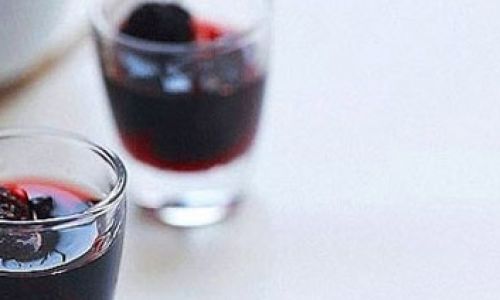
-
Fruit-Based Liquors: Fruit-based liquors, such as plum wine or cherry liqueur, can add an extra layer of complexity and sweetness to the infused liquor. These liquors are made from fermented fruits and often have a lower alcohol content than baijiu or rice wine. While they may not extract the medicinal compounds as effectively as stronger liquors, they can create a delightful, fruity-sweet infused liquor that is enjoyable on its own or mixed with other beverages.
-
Vodka: Vodka, made from fermented and distilled grains or potatoes, is a neutral spirit with a high alcohol content (typically 40-70% ABV). It has a clean, crisp flavor that makes it an excellent base for infusing mulberries. Vodka’s neutrality allows the mulberry’s flavors and medicinal properties to shine without being overshadowed by the liquor’s own taste. When using vodka, choose a high-quality, organic variety to avoid any unwanted flavors or additives.
The Soaking Process
Once you’ve selected the appropriate ratio and type of liquor, the soaking process is relatively straightforward:
-
Preparation: Rinse the mulberries thoroughly under cold running water to remove any dirt or debris. Pat them dry using a clean cloth or paper towels. Ensure that the mulberries are completely dry before soaking to avoid diluting the liquor.
-
Jarring: Place the dried mulberries in a clean, airtight glass jar. Pour the chosen liquor over the mulberries, ensuring that they are fully submerged. If necessary, use a weight (such as a smaller jar filled with water) to keep the mulberries submerged, as they may float to the surface.
-
Sealing: Secure the jar’s lid tightly to prevent evaporation and contamination. Label the jar with the date and the type of liquor used for future reference.
-
Storage: Store the jar in a cool, dark place away from direct sunlight and heat. The infusion process can take anywhere from a few weeks to several months, depending on the desired strength and flavor. Shake the jar gently every few days to ensure even extraction.
-
Tasting and Adjusting: Periodically taste the infused liquor to monitor its progress. If it becomes too strong or too sweet, you can adjust the ratio by adding more liquor or mulberries, respectively. Once you’re satisfied with the flavor and medicinal strength, strain out the mulberries using a fine-mesh sieve or cheesecloth.
-
Bottling and Preservation: Pour the strained infused liquor into clean, airtight glass bottles. Store the bottles in a cool, dark place. The infused liquor can be enjoyed immediately or aged further for additional complexity and depth.
Conclusion
Soaking mulberries in liquor is a time-honored tradition that combines the sweet, tart flavors of the berries with the preservative and medicinal qualities of alcohol. By carefully selecting the ratio of mulberries to liquor and the type of liquor used, you can create a customized infused liquor that suits your taste preferences and health goals. Whether you prefer a mild, sweet infusion or a strong, medicinal liquor, the process is straightforward and rewarding. With patience and attention to detail, you can enjoy the unique flavors and benefits of mulberry-infused liquor for years to come.
Remember, the key to a successful infusion lies in the quality of the ingredients and the attention paid to the soaking process. Experiment with different ratios and types of liquor to find the perfect combination for your palate and health needs. Happy soaking!
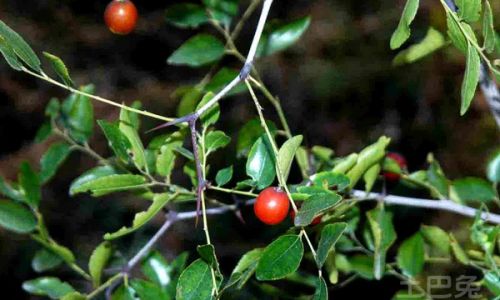
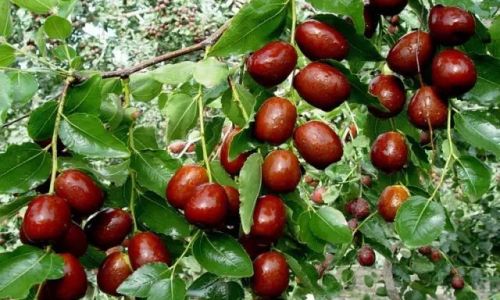
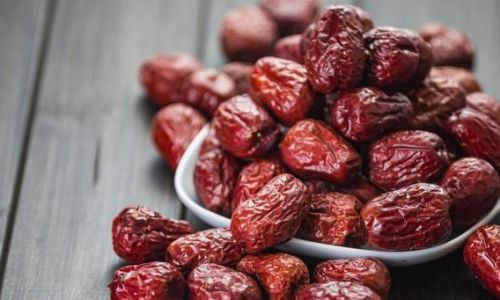
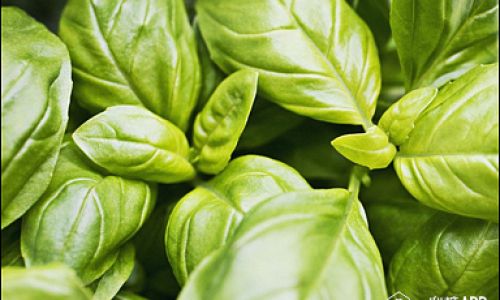
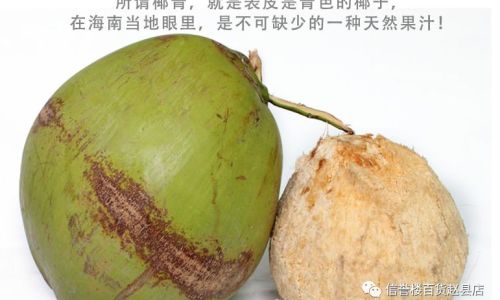
0 comments